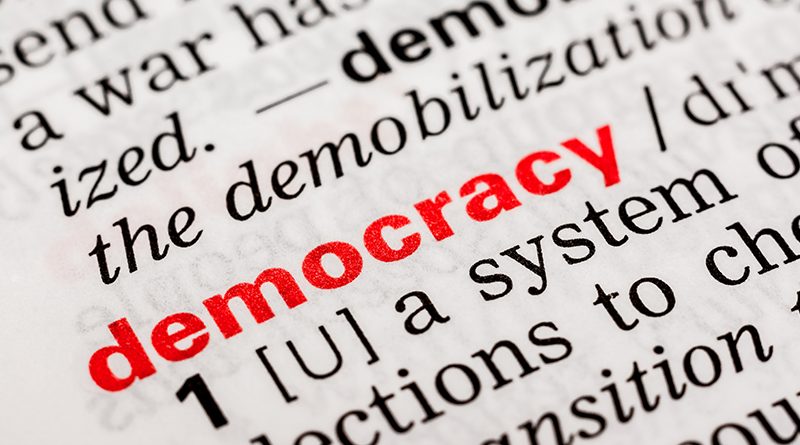Paragraph: Democracy
As Abraham Lincoln once said, “democracy is the government of the people, by the people and for the people.” There is undeniably no doubt that the core of democracies lies in making people the ultimate decision-makers. With time, the simple definition of democracy has evolved to include other principles like equality, political accountability, rights of the citizens and to an extent, values of liberty and justice. Across the globe, representative democracies are widely prevalent, however, there is a major variation in how democracies are practised. The major two types of representative democracy are presidential and parliamentary forms democracy. Moreover, not all those who present themselves as a democratic republic follow its values. Many countries have legally deprived some communities to live with dignity and protect their liberty, or are practicing authoritarian rule through majoritarianism or populist leaders. Despite this, one of the things that are central and basic to all is the practice of elections and voting. However, even in such a case, the principles of universal adult franchise and the practice of free and fair elections are theoretically essential but very limited in practice, for a democracy. Unlike several other nations, India is still, at least constitutionally and principally, a practitioner of an ideal democracy. With our three organs of the government, namely legislative, executive and judiciary, the constitutional rights to citizens, a multiparty system, laws to curb discrimination and spread the virtues of equality, protection to minorities, and a space for people to discuss, debate and dissent, India has shown a commitment towards democratic values. In recent times, with challenges to freedom of speech, rights of minority groups and a conundrum between the protection of diversity and unification of the country, the debate about the preservation of democracy has become vital to public discussion.

